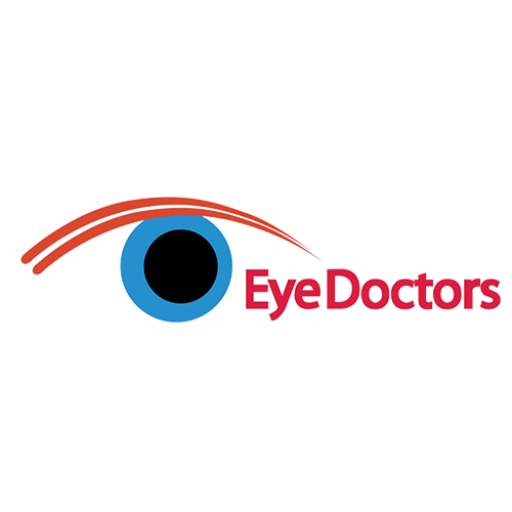
Imagine waking up one morning to find the world around you slightly out of focus—the vibrant colors you once marveled at seem a little duller, and reading the fine print in the newspaper suddenly feels like a challenge. These subtle vision changes might initially seem insignificant, but what if it’s your eyes’ way of sending an SOS?
Like the rest of our bodies, our eyes have their own way of communicating when something isn’t quite right. This article explores the common symptoms that may indicate the onset of vision problems and how to address them. We will also discuss how Eye Doctors can help you preserve and enhance your vision.
The Importance of Early Detection
Many eye conditions develop gradually and may not present noticeable symptoms until they have progressed. Early detection of these conditions is important in preventing long-term damage and maintaining your quality of life.
Symptoms of Vision Problems
Blurry Vision
Blurry vision can indicate refractive errors such as nearsightedness, farsightedness, or astigmatism. If you notice that objects at a distance or up close are becoming increasingly blurry, it is time to schedule an eye exam.
Frequent Headaches
Headaches, particularly after reading, using a computer, or focusing on tasks for extended periods, can indicate eye strain or an underlying vision problem. Eye strain can result from uncorrected refractive errors or spending too much time staring at screens.
Difficulty Seeing at Night
Struggling to see in low-light conditions or experiencing increased glare from lights at night can be a sign of cataracts or other vision issues. Night blindness is often an early warning sign of a developing condition.
Double Vision
Seeing double horizontally or vertically can indicate issues with the eye muscles, cornea, or lens. It is a symptom that requires immediate attention, as it may be related to more severe conditions like cataracts, astigmatism, or even neurological issues.
Squinting
Squinting can temporarily improve vision clarity by reducing the amount of light entering the eyes, but it often indicates an underlying issue. Frequent squinting could suggest a refractive error, like nearsightedness or farsightedness.
Sensitivity to Light
Increased sensitivity to light, known as photophobia, can be associated with various eye conditions, including dry eye syndrome, cataracts, or migraines. Investigating this symptom is important, especially if it is accompanied by pain or discomfort.
Changes in Color Perception
If you notice that colors appear faded or less vibrant, it could be a sign of cataracts or macular degeneration. Both conditions affect the eye’s ability to perceive color accurately and should be addressed promptly.
Sudden Vision Changes
Any sudden changes in vision, such as flashes of light, floaters, or a sudden loss of vision, should be treated as a medical emergency. These symptoms can indicate retinal detachment, a severe condition that requires immediate treatment to prevent permanent vision loss.
When to See an Eye Doctor
If you experience any of the symptoms listed above, it’s important to see an eye doctor as soon as possible. Regular eye exams can help detect early signs of vision challenges, even if you don’t have any symptoms.
Frequency of Eye Exams
- Children: Eye exams are recommended annually to ensure their vision is developing correctly.
- Adults (18 to 60): Adults should have a comprehensive eye exam every two years or more frequently if they have existing vision problems or risk factors like diabetes.
- Adults (60+): Seniors should have an annual eye exam to monitor for age-related conditions such as cataracts, glaucoma, and macular degeneration.
Eye Doctors in Vienna, WV
We pride ourselves on being a trusted partner in your eye health journey. Our practice provides comprehensive eye care tailored to each patient's unique needs. With a team of experienced optometrists and innovative technology, we offer a wide range of services, from routine eye exams and pediatric care to specialized treatments for dry eye, glaucoma, and other eye conditions.
If you or a loved one are experiencing any of the above-listed symptoms, request an appointment with us. Whether you want preventive care or need advanced treatment, we’re here to help you achieve and maintain optimal vision and eye health.

